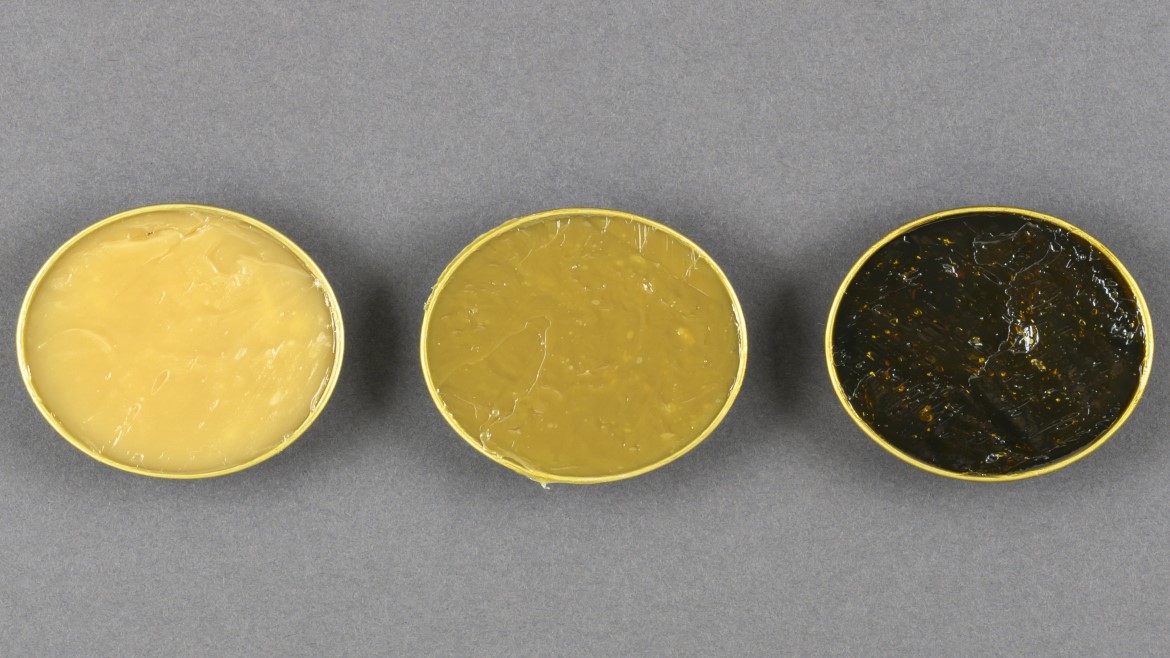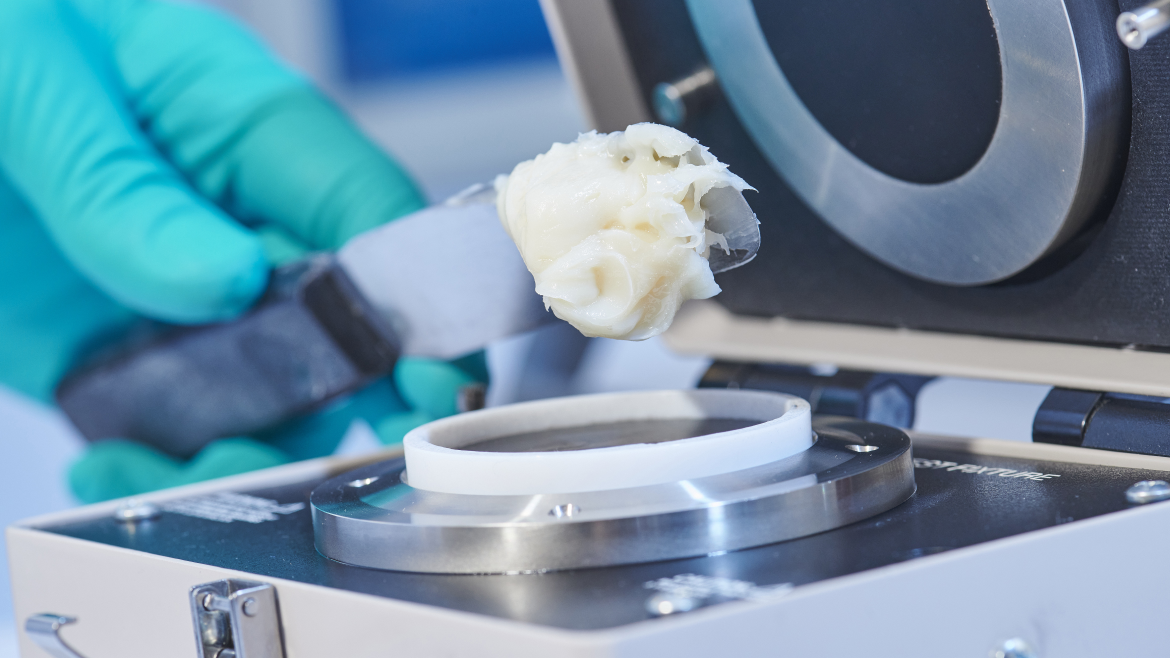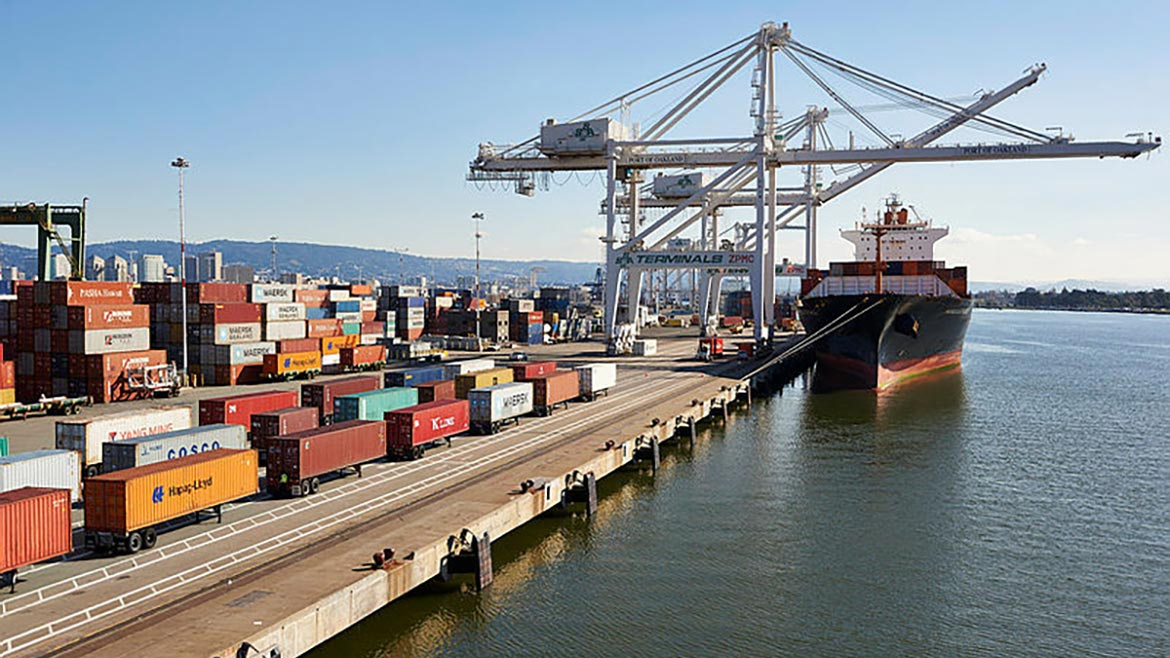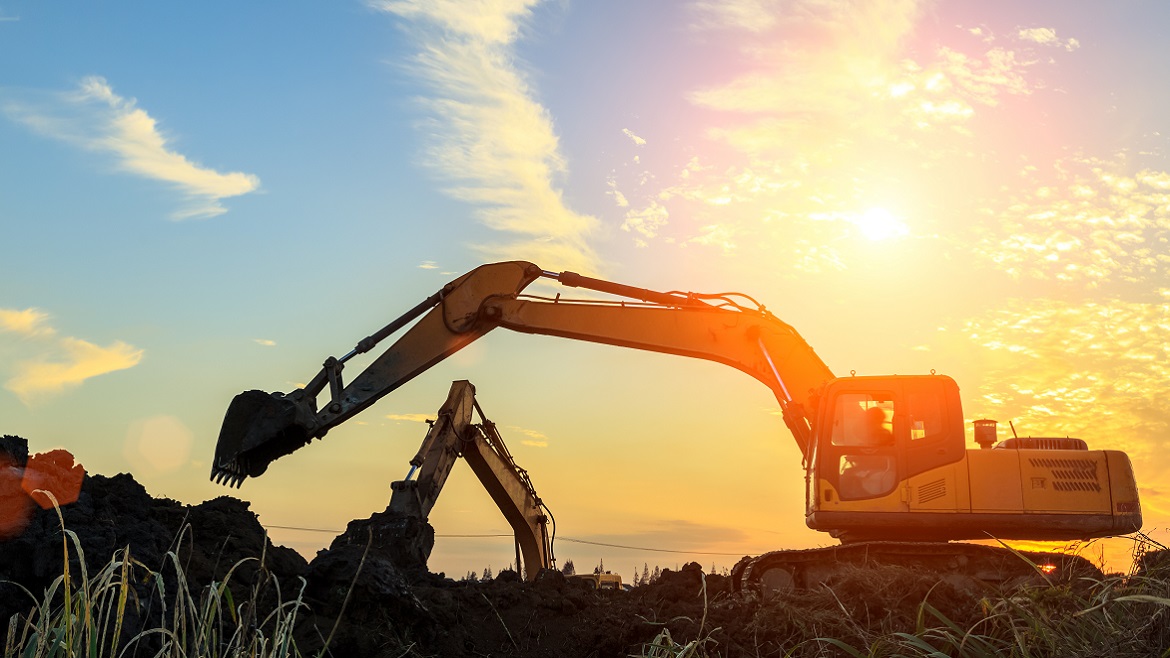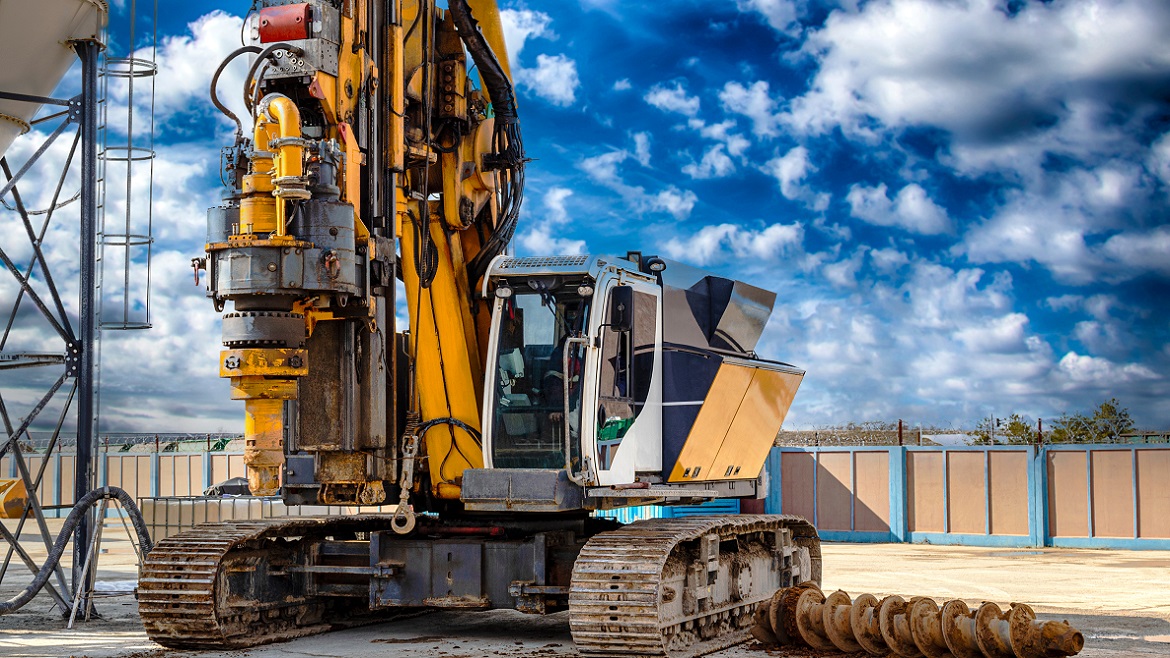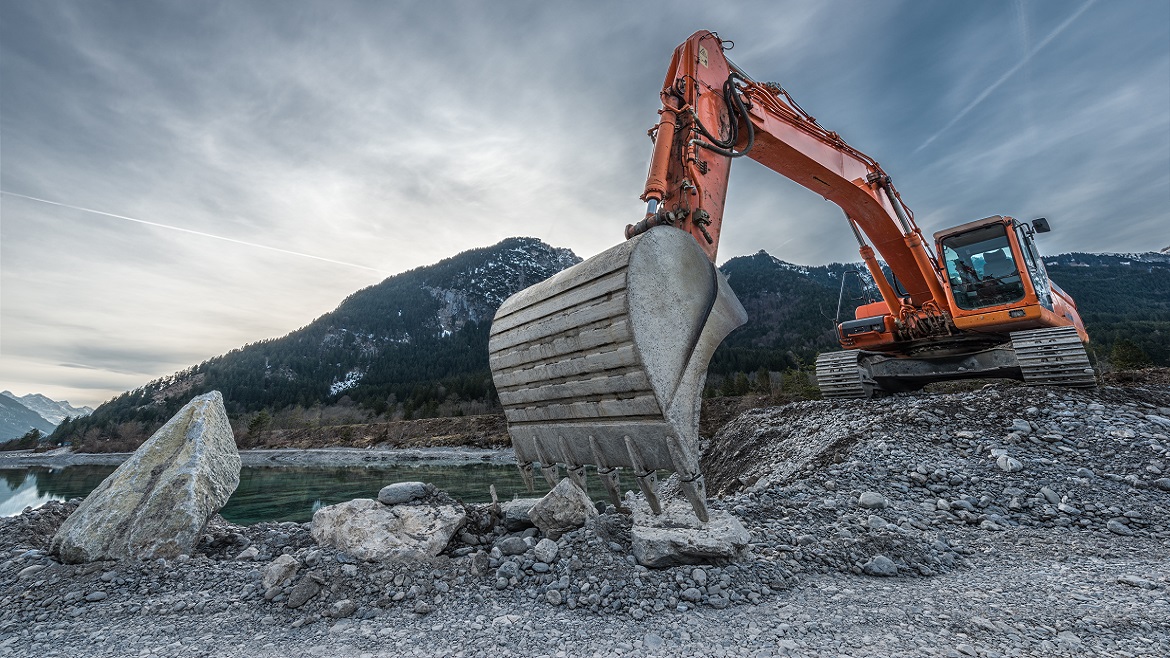For more information, please contact your Lubrizol representative.
Video Transcript
We live in a society that wants things quicker, builds things bigger, and travels faster. The machines that put this world together are facing new challenges, having to work harder and longer every day. Hydraulic systems are no exception. Frequently working under increased pressure, and performing in the toughest of environments, these systems work longer and harder than ever before. Add to this the fact that the overall systems have become smaller, so it's not difficult to understand the increased stress on the hydraulic fluid.
Whilst we have seen big changes in hydraulic equipment, surprisingly, hydraulic fluid specifications have remained relatively unchanged for decades. Until now. A leading global pump manufacturer introduced a new hydraulic fluid specification that truly reflect the biggest changes that we have seen in the world of hydraulics in recent years.
It's fair to say that to date, increases in pressures and pump speeds with respect to hydraulic fluid testing, were small. However, to reflect the huge increases in power densities that are common on modern hydraulic systems, testing is conducted at 4,000 rpm and a pressure at over 450 bar. These figures represent a huge increase in performance and place enormous stress on the fluid.
So, what do we mean when we talk about enhanced performance? Let's understand a system that is running hotter than ever, under increased pressure, and running at higher speeds. It's clear that we need to consider: thermal stability, wear protection, corrosion protection, elastomer compatibility, oxidation of the fluid, as well as hydrolytic stability. After all, these parameters can cause failure of hydraulic system components and lead to catastrophic failure and costly downtime.
The challenging conditions of this new testing regime are extreme. So it's not surprising to learn that many hydraulic fluids on the market today will not meet these requirements. Lubrizol have worked very closely with hydraulic pump manufacturers in developing additive systems that fully meet the requirements of this demanding specification. Extensive testing and analysis at our European research center in Hazelwood, UK, enables us to understand the test appetite, and we have developed additive technology that not only meets the requirements of today's modern hydraulic systems, but is designed to meet the challenges of tomorrow in a world that continues to push the boundaries of technology.

